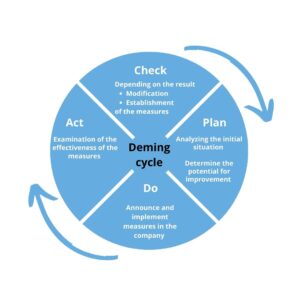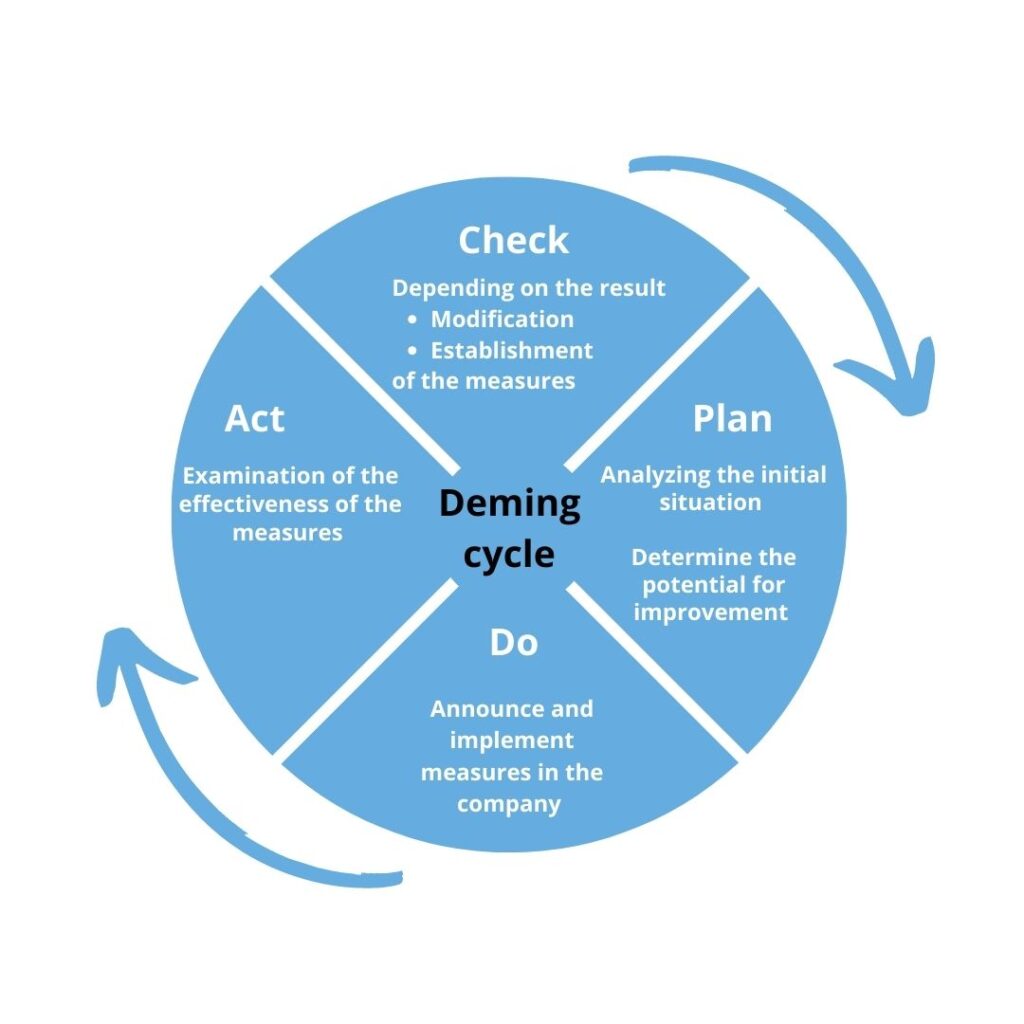ĐẶNG TRƯỜNG – DIENDANDOANHNGHIEP.VN
“Deming Cycle” (Plan – Do – Check – Act) is a model that Vietnamese businesses can apply to sustainably improve product quality.

However, achieving world-class product quality is not an easy task, especially for a developing country like Vietnam. The Business Forum recently exchanged views with Mr. Abdurrahman Mou-Mohamed, a strategy, quality management, and improvement consultant, on this issue.
According to you, what are the most important factors for a product to conquer foreign markets?
In today’s context, understanding multiculturalism is increasingly important. Many foreigners themselves do not understand Vietnamese culture, making it difficult for Vietnamese people to find compatibility in working together. Conversely, Vietnamese businesses wanting to penetrate foreign markets without understanding the culture there will struggle to devise effective business strategies.
For example, Auchan, a retail company, entered the Vietnamese market a few years ago, claiming to have good, high-quality products but still couldn’t operate effectively and eventually had to divest. Auchan’s failure in Vietnam was partly because French managers truly did not understand Vietnamese culture or customs.
In markets like Europe, if manufacturers have credibility, their products, no matter how expensive, will still be purchased because consumers know the quality justifies the price. For instance, there are loyal customers to a jam product since 1973 until now.
However, in markets like China, Vietnam, or Africa, consumers think differently.

Therefore, if Vietnamese products want to conquer international markets, they must demonstrate quality and maintain customer loyalty.
Here, the brand or reputation is extremely important; the more reputable, the more products will be sold. For example, selling a car but it frequently breaks down, has many defects will significantly affect the company’s revenue and brand. This contradicts the common belief that simply expanding sales volume is good for business.
Do you have any suggestions for improving product quality for Vietnamese businesses?
It’s difficult to say what businesses should do to improve product quality. From my experience, each industry has its own characteristics. Therefore, it’s necessary to directly assess the company’s current situation before analyzing and providing specific solutions to improve product quality.
However, generally, businesses can apply the “Deming Cycle” model in quality management. In other words, it’s a continuous process of production, observation, evaluation, and continuous improvement, spiraling upwards. By improving product and service quality based on customer feedback, businesses can build reputation and attract customers.
Remember, business isn’t just about selling products. I often advise companies that instead of expanding their customer base to increase sales, they should listen to their existing customers and improve their products. Because if the product quality is poor, customer churn is only a matter of time.
The key is to find experienced individuals who understand the market, while actively learning and adjusting to progress. If a solid foundation is established, although it may take time initially, subsequent businesses will have the momentum to advance quickly.
Workforce training is also crucial for helping businesses produce high-quality products and services. Do you have any recommendations for Vietnamese businesses on this issue?
Businesses need a long-term training strategy to continuously supplement the knowledge and work experience of their employees. If the incoming workforce is properly trained, with practical experience, it will positively support the business.
There’s an experience that Vietnamese businesses should consider. Each school will collaborate with businesses, so every week, experienced individuals from businesses will help young people understand more about the business environment or the field in which the business operates.
Vietnamese businesses shouldn’t wait until students graduate to start recruiting. Because by then, there will be a significant gap between theory and reality. I myself have reviewed projects that young people have undertaken. Those ideas are great, but they don’t grasp the actual costs, leading to production costs higher than selling prices. These issues can be completely overcome if they have early access to practical knowledge from experienced professionals.
Thank you very much!
Mr. Abdurrahman Mou-Mouhamed is a member of VINEU – the Vietnam Innovative Network in Europe, a network of cooperation and knowledge exchange among researchers, entrepreneurs, and other experts globally, especially between Vietnam and Europe. The network, sponsored by the National Innovation Center (NIC), the Ministry of Planning and Investment, and the Vietnamese embassies in Germany, France, Belgium, Finland, Hungary, the Czech Republic, and Russia, opens up many new opportunities for research collaboration, knowledge sharing, and leveraging resources from international partners, contributing to the sustainable development of both Vietnam and the international community.
